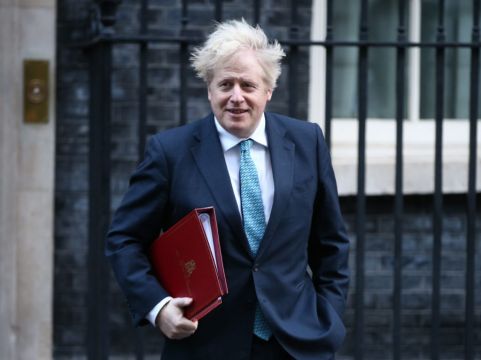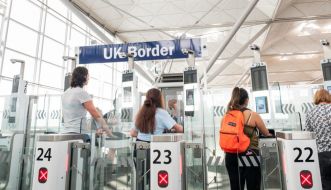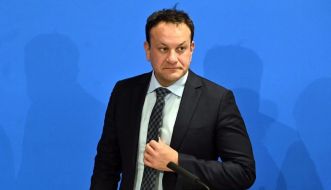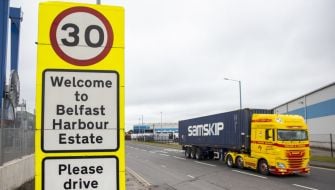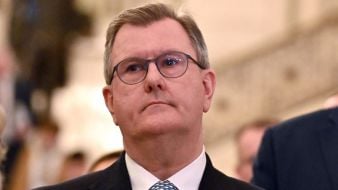Boris Johnson has said that leaving the European Union without a free trade agreement still remains the “most likely outcome” as talks continue in Brussels.
The British prime minister told his Cabinet that he was committed to continuing negotiations on the remaining areas of disagreement and re-emphasised the desire to strike a deal.
But he said leaving without an agreement “remained the most likely outcome”, according to Downing Street.
Mr Johnson's official spokesman told a briefing: “The prime minister opened Cabinet with an update on the ongoing negotiations with the EU.
“[He] re-emphasised the desire to reach a free trade agreement – but not at any cost – and reiterated that any agreement must respect the independence and sovereignty of the UK.
“The prime minister made clear that not being able to reach an agreement and ending the transition period on Australian-style terms remained the most likely outcome but committed to continuing to negotiate on the remaining areas of disagreement.”
Slow progress
Meanwhile, Minister for Foreign Affairs Simon Coveney said British and EU negotiators are making some slow progress this week, particularly on the contentious issue of free and fair competition.
“I think what we're seeing this week, having had a number of stalls in this process, is slow, but at the same time some, progress,” Mr Coveney told RTÉ.
“My understanding is we're making some progress in that area [the level playing field]. I think you can take it that because negotiating teams have gone really quiet here, that's an indication to me that there is a serious if difficult negotiation continuing. I'm still hopeful that can result in a successful outcome agreement.”
It came as former British prime minister Gordon Brown warned that a failure to reach an agreement would be the “greatest failure of international statesmanship”.
He told a webinar held by the Child Poverty Action Group: “I worry because we’re falling out with Africa because we’re cutting overseas aid, we’re falling out with China over all sorts of things which may be justifiable, we’re falling out with Europe and we’re falling out with America.
“It’s really not a very good way to end the year and to start the next year.
“So I hope a deal is set and struck and it would be, in my view, the greatest failure of international statesmanship if Europe and the United Kingdom couldn’t actually arrange a deal that avoided chaos on January 1st.”
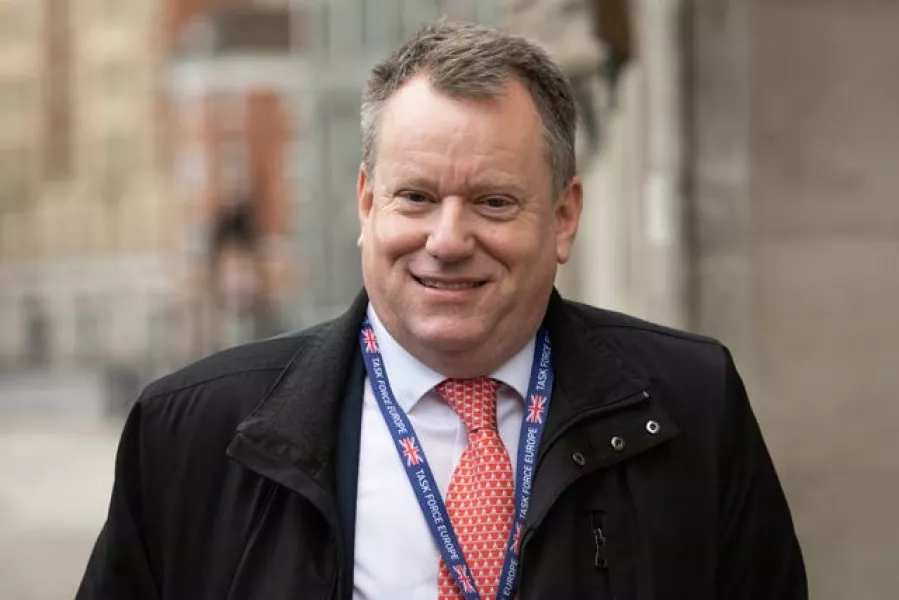
The UK and EU’s chief negotiators David Frost and Michel Barnier are continuing talks in Brussels after reports that progress in the talks could see a deal agreed this week.
Mr Barnier is said to have told diplomats the UK had moved towards the bloc’s demands on the level playing field, according to the Daily Telegraph.
It said he told ambassadors the UK accepted a “rebalancing mechanism”, meaning it could face tariffs if it moves too far away from EU rules.
The Guardian reported that European Commission president Ursula von der Leyen said there had been “movement” and talks were “on the very last mile”.
Negotiations between the two sides were extended on Sunday after Mr Johnson and Ms von der Leyen agreed to continue the process despite major differences remaining.
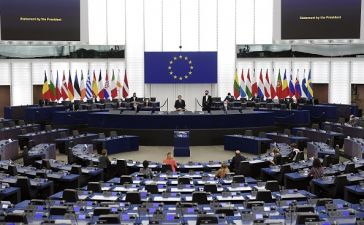
For months the talks have been deadlocked on the issues of fishing rights, the “level playing field” to ensure neither side can unfairly compete with the other on environmental standards, workers’ rights or state subsidies, and the legal mechanisms to govern any deal.
The UK’s current trading arrangements with the EU expire at the end of the month, meaning any new deal would have to be in place by January 1st.
If not, tariffs and quotas will apply and bureaucracy will increase, causing further damage to an economy already ravaged by coronavirus.
